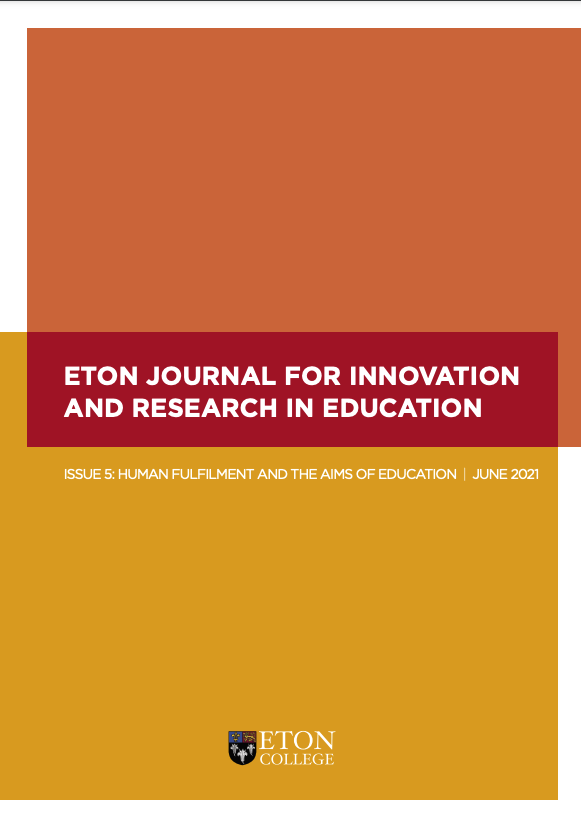Peer-Reviewed Articles
According to a popular line of thought, moral exemplars have a key role to play in moral development and moral education and by paying attention to moral exemplars we can learn about what morality requires of us. However, when we pay attention to what many moral exemplars say about their actions, it seems that our moral obligations are much more demanding than we typically think they are. Some philosophers have argued that this exemplar testimony gives us reason to accept a radically demanding view of morality. We argue against this view by appealing to similar testimony from aesthetic exemplars. If we accept that the testimony of moral exemplars gives us reason to accept a radically demanding view of morality, then we should accept that the testimony of aesthetic exemplars supports a radically demanding view of aesthetic normativity. We argue that we should reject both arguments for radically demanding views, and instead see the testimony of exemplars as having something important to tell us about the nature of ideals.

The testimonies of celebrities affect the lives of their many followers who pay attention to what they say. This gives celebrities a high degree of epistemic power, which has come under scrutiny during the COVID-19 pandemic. This paper investigates the duties that arise from this power. We argue that celebrities have a negative duty of testimonial justice not to undermine trust in authoritative sources by spreading misinformation or directing attention to untrustworthy sources. Moreover, celebrities have a general imperfect duty to try to correct for an unjust distribution of attention by redirecting it to those who deserve it. During a pandemic this may become a perfect one, due to the harm that could be prevented if people follow the advice of experts. Relatedly, we argue that celebrities have an imperfect duty to promote behavior that will reduce the spread of a pandemic. We outline three ways they might do so: they might take on the position of a role model, they may act as a salience magnet or they can direct people’s attention towards others who have taken on these roles.
Opinion Articles

Digital technologies are changing many aspects of the educational environment. Given the pace of technological change, it is easy to get distracted by how emerging technologies are transforming how we educate children and young people, as well as how they are educating themselves. Smartphones inside (or outside) of the classroom, online proctoring, gamified learning activities, unlimited educational content (podcasts, videos, or virtual assistant teachers), and the ability to ask Google anything in real-time have transformed education in ways that few could even imagine a decade ago. These changes should not be underestimated. Nevertheless, it is vital to recognise that online technologies are changing the purposes of education too. This article examines the extent to which social media provides the conditions for children and young people become socially and politically active, and how online celebrities and influencers can help them do this.